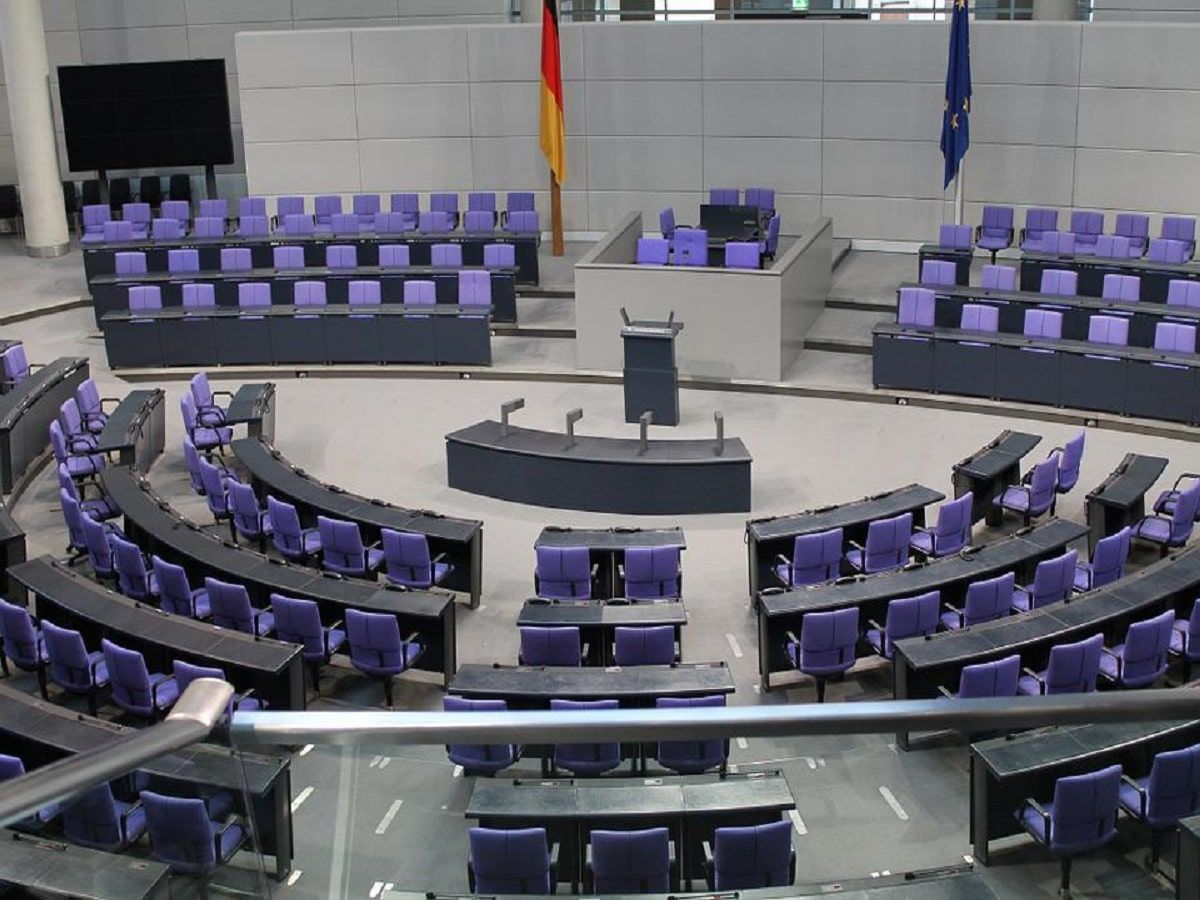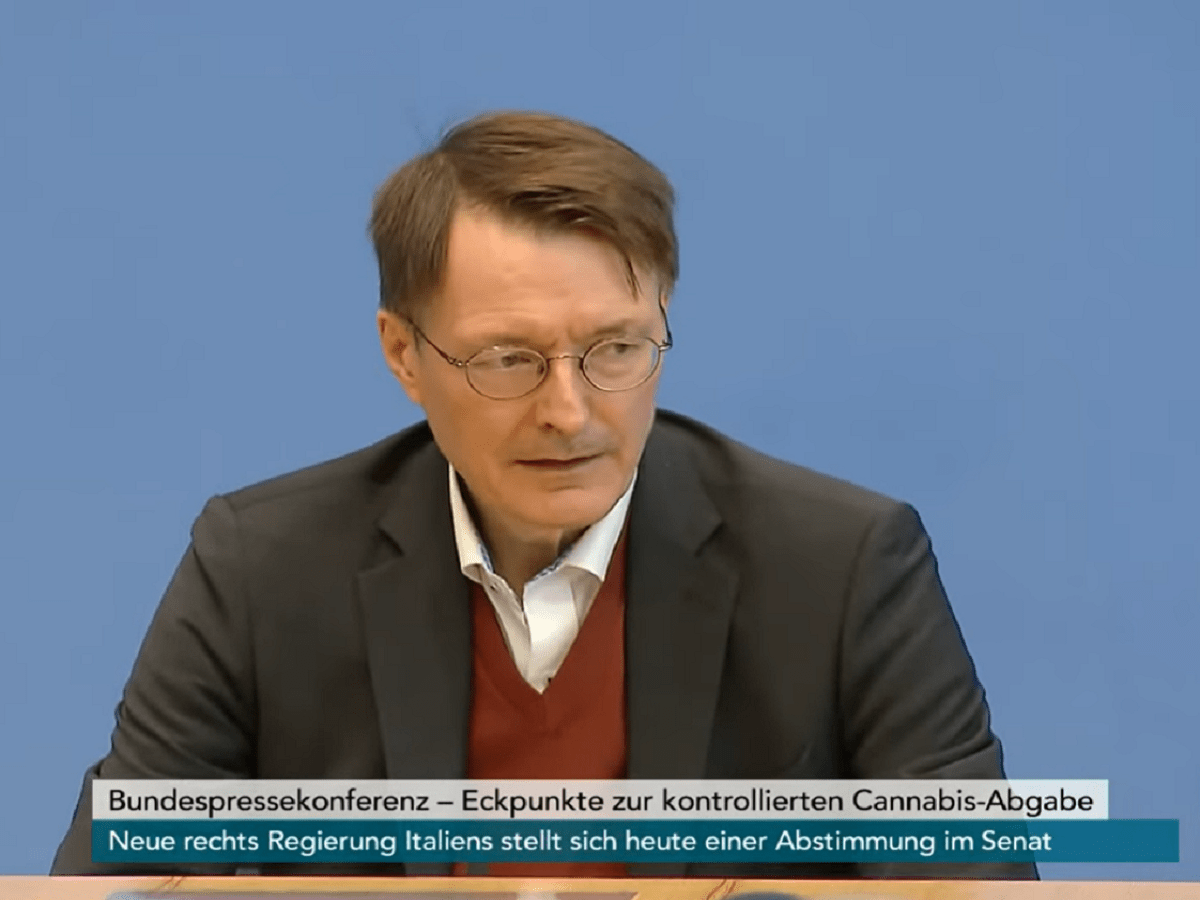The EU Is Deciding On More Than Just German Legalization
When it comes to cannabis reform activity, Germany is undeniably on center stage with the international spotlight placed directly on it. Part of that is due to the fact that German lawmakers are actively pursuing adult-use cannabis legalization and the launch of a regulated industry, and part of that is also due to how high the stakes are. Lawmakers from Germany are currently making their opening arguments to continental leaders, both on the supportive side and on the opposition side of the issue. Depending on which side succeeds, it could yield huge ramifications for the rest of Europe.
It’s quite possible that if German legalization efforts receive the blessing of the European Union, that it will be seen as the European Union (EU) giving the green light to any other country that wants to follow in Germany’s footsteps. After all, if Germany is allowed to do it, then why can’t other countries do the exact same? From that perspective, the gravity of what the EU is deciding extends well beyond Germany’s borders.
Lobbying Efforts Underway
Last week lawmakers in Germany started their efforts to educate and lobby the European Union in an attempt to yield their desired outcome. On the ‘pro’ side is German Federal Minister of Health Prof. Dr. Karl Lauterbach. Prof. Lauterbach was in Brussels last week to negotiate with EU leadership. The crux of Minister Lauterbach’s position seems to be, “protection against drug crime, legal safe consumption only for adults.”
Bavaria’s Health Minister Klaus Holetschek was also in Brussels last week. His reported intent was to achieve the opposite result compared to what is being sought by Germany’s Federal Minister of Health. Klaus Holetschek is calling on the EU to refrain from granting permission to Germany’s national legalization effort.
“The federal government’s planned cannabis legalization is not only hazardous to health, but I am convinced it also violates European law,” said the CSU politician on Wednesday according to Bild, after his meeting with the responsible general director, Monique Pariat, in Brussels. It’s unclear at this time what impact, if any, the dueling meetings had on the EU decision making process.
Framing Matters
The words used to describe the motivation behind Germany’s legalization effort will likely play a very big role in whether or not the EU grants its blessing, which was touched on by German cannabis policy expert Kai Friedrich Niermann in a previous article that I posted regarding German legalization and the EU. Kai and his law firm KFN+ advise major CBD and medical cannabis companies around the globe. Kai is also legal advisor to the European Industrial Hemp Association (EIHA), and a regular speaker at International Cannabis Business Conference events.
“In order to comply with its obligations under international drug treaties and EU law, Germany has opted for an interpretative declaration to the monitoring bodies of the UN treaties, referring to its own constitutional principles, the case law of the Federal Constitutional Court and the interpretative declaration already issued on the 1988 treaty. According to the German government, the plan to legalize cannabis in Germany is in line with the purpose and legal requirements of the conventions, as the focus of the reform is the protection of health and young people, and not the promotion of cannabis consumption.” Kai Friedrich Niermann communicated a few weeks ago after Minister Lauterbach’s presentation to the federal cabinet in Germany.
“I assume that preliminary talks have already been held with the European Commission, and that no fundamental reservations are to be expected in this respect. Particularly in view of the fact that a number of member states are also already making preparations for a reform of their national cannabis policies. Minister Lauterbach also assumes that if the EU Commission gives its approval in principle, lawsuits from other member states pursuing a more restrictive cannabis policy will have no chance of success.” he concluded.
That last part of Kai’s statement, touching on potential lawsuits from prohibitionist EU member states, is likely to prove to be tremendously significant in the coming years. Several countries are likely to follow in Germany’s footsteps, including the Czech Republic where leaders are indicating that they will pursue legalization on the same timeline as Germany. It’s likely a safe bet that just as there will be countries trying to join Germany, there will also be countries trying to prevent the spread of legalization. With that in mind, what the EU is currently considering may be specific to Germany, however, the ramifications of the decision will spread throughout the continent, so the significance of the decision cannot be overstated.











